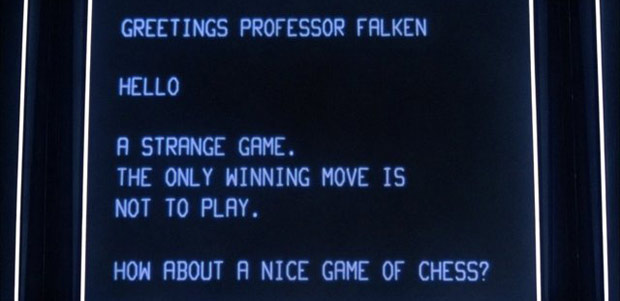Fred Clark has a post about one problematic but very popular approach to using the Bible, namely as a sort of card game in which clobber verse is pitted against clobber verse. He writes:
But the problem, in her inquisitor’s eyes, is that this passage is not itself a clobber-text. He reads the Bible like a child playing the old card game of “War.” He puts down his card — a clobber-text from Leviticus. And now it’s her turn to play her card. If she doesn’t have a corresponding clobber-text that trumps his, then he wins.
The idea that maybe the Bible is more than a collection of clobber-texts is beyond his imagination. The idea that a text could be anything other than a clobber-text is not a possibility that he can accommodate…
If forced to do so, I can recite a host of “environmental” clobber-texts, but while those might help these folks to win a hand or two in their games of Bible War, that won’t address the larger, deeper problem, which is that they remain unable to think of the Bible as anything more than an anthology of discrete, unrelated clobber-texts addressing various subjects.
Click through to read the whole thing.
I was reminded when reading this of the insight learned by the computer in the movie WarGames. The only winning move in the clobber verse Bible game is not to play. For even to play the game concedes the rules for Bible reading to be what fundamentalists claim it is: a distortion which prefers select texts removed from their contexts to the deeper comprehension that can only come from treating texts as texts, as wholes, with sensitivity to genre, nuance, and other aspects of communication.

On a related note, see Ian’s post on Reading the Bible in Capital Letters.












